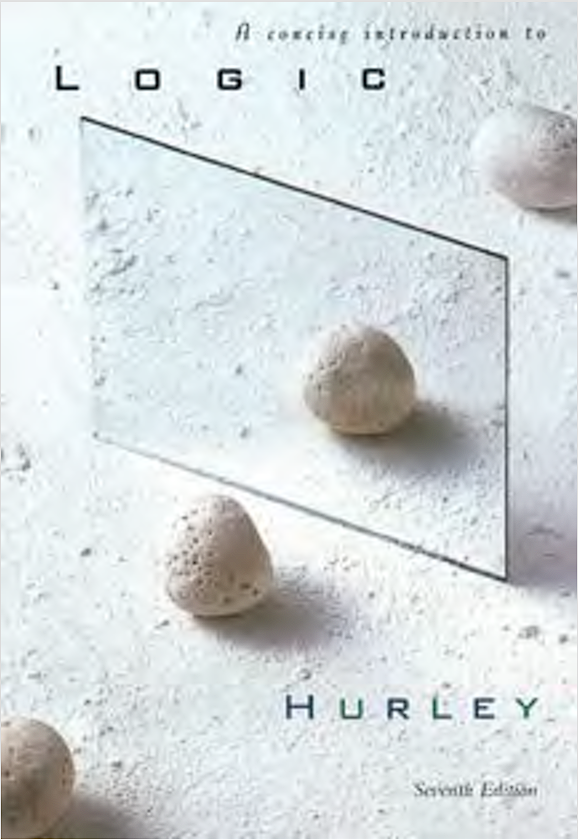
Logic
Author: Hurley Category: Filsafat Publisher: Cengage Learning ISBN: 978-1111838087 More Details
Description:
ogic may be defined as the science that evaluates arguments. All of us encounter
arguments in our day-to-day experience. We read them in books and newspapers,
hear them on television, and formulate them when communicating with friends and
associates. The aim of logic is to develop a system of methods and principles that we
may use as criteria for evaluating the arguments of others and as guides in constructing
arguments of our own. Among the benefits to be expected from the study of logic is
an increase in confidence that we are making sense when we criticize the arguments
of others and when we advance arguments of our own